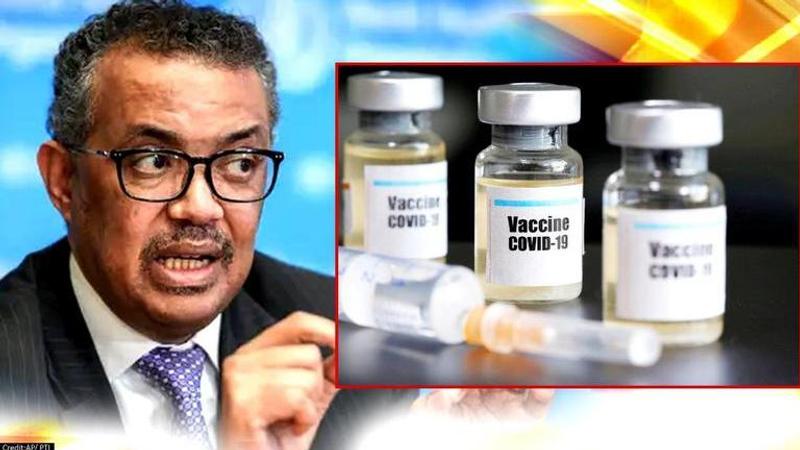Published 19:51 IST, December 3rd 2020
WHO looking into prospect of 'e-vaccination certificates' for international travel
WHO on December 3 said that it is investigating the prospects of using “electronic certificates” to flag those who have been vaccinated for coronavirus.

The World Health Organisation on December 3 said that it is investigating the prospects of using “electronic certificates” to flag those who have been vaccinated for coronavirus. Previously, the UN body had warned against countries issuing “immunity passports” to people who have recovered from COVID-19. However, with UK becoming the first country to give emergency use authorisation to Pfizer-BioNTech’s vaccine, WHO said it will look into “e-vaccination certificates”.
"We are looking very closely into the use of technology in this Covid-19 response, and one of them is how we can work with member states towards an e-vaccination certificate," a WHO medical expert told a virtual briefing in Copenhagen.
Dr Siddharta Sankar Datta, who is a regional adviser on diseases and immunisation, added that the new technology could potentially be used to open up international travel. Earlier, the UN agency had also signed an agreement with Estonia to work on “digital innovations” in the COVID-19 response. The deal involved the prospect of using vaccination certificates for those who have had a coronavirus jab.
Countries including the United Kingdom, the United States, Germany and Italy have previously suggested that they could use immunity passports as a route back to normal life following the pandemic. However, British researchers recently warned against introducing digital health passports on a mass basis until COVID tests and vaccines are readily available for all. Further, a report by the academics at the University of Exeter said that such “immunity passports” could interfere with fundamental rights, including the right to privacy, the freedom of movement and peaceful assembly, and lead to inequality and discrimination.
UK approves Pfizer COVID vaccine
Meanwhile, WHO’s investigation into “e-vaccination certificates” comes after the UK on December 2 became the first country in the world to approve Pfizer-BioNtech COVID-19 vaccine candidate for widespread use. The British regulator, MHRA has said that the mRNA-based vaccine that has shown 95 per cent efficacy, is safe for mass roll out with immunisations in the country starting "early next week" among the high priority groups. Britain has reportedly already placed an order of 40 million doses of Pfizer-BioNTech's COVID-19 vaccine to provide the double-dose immunisation to at least 20 million people.
"The Government has today accepted the recommendation from the Independent Medicines and Healthcare products Regulatory Agency (MHRA) to approve Pfizer-BioNTech’s COVID-19 vaccine for use. This follows months of rigorous clinical trials and a thorough analysis of the data by experts at the MHRA who have concluded that the vaccine has met its strict standards of safety, quality and effectiveness," UK government said in a statement.
Updated 19:51 IST, December 3rd 2020




